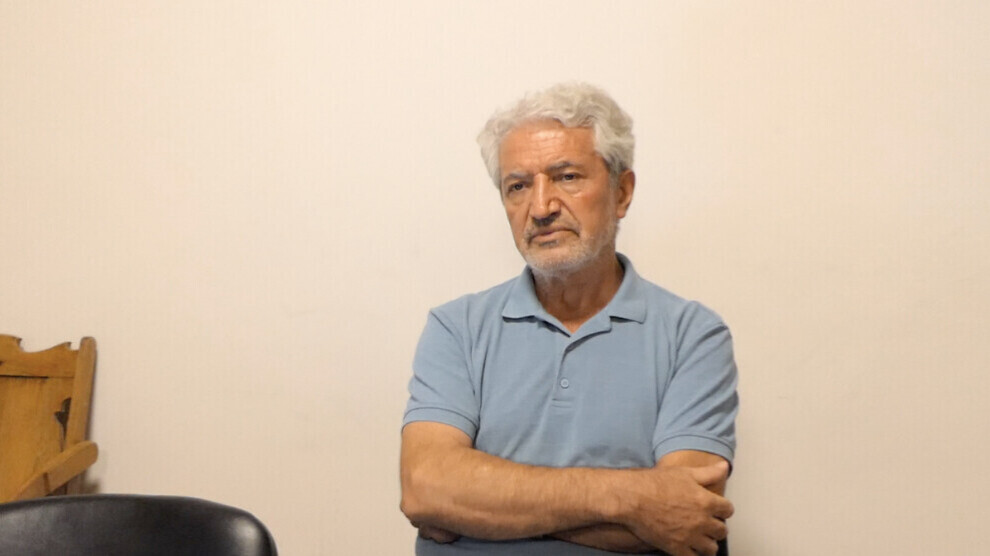978 prisoners have died in twenty years of AKP government
Almost 1,000 prisoners have died in twenty years of the AKP government in Turkey. Fatin Kanat from the Human Rights Association (IHD) in Ankara speaks of a "balance sheet of shame".
Almost 1,000 prisoners have died in twenty years of the AKP government in Turkey. Fatin Kanat from the Human Rights Association (IHD) in Ankara speaks of a "balance sheet of shame".

There are 314,502 prisoners on remand and convicts in Turkey. According to the Human Rights Association (IHD), at least 1,605 of them cannot stay in prison due to their state of health, and 604 are so seriously ill that they cannot look after themselves. Many of the ill prisoners die due to poor sanitation, inadequate nutrition or lack of medical treatment. New suspicious deaths from prisons are constantly being reported. The cause of death is given as either suicide or illness. Despite the requests of various organizations, relatives and lawyers, suspicious deaths are not investigated but, on the contrary, are covered up.
978 dead in 20 years of AKP government
Since the AKP came to power in 2002, a total of 978 people have died in Turkish prisons - from torture, suicide, hunger strikes against prison conditions or because they had no access to health care. Fatin Kanat, co-chair of the IHD Ankara branch, told ANF: “978 people is a very high number. Of course, there are people who have died of disease, but there are also a fair number of prisoners who have died from ill treatment and torture, particularly since the 2010s, but these deaths are listed as suspicious. This is a terrible tally and we don't know where to put it in terms of human rights. A record of shame."
Prisons as a microcosm of Turkey
The IHD office in Ankara publishes a report on the condition of ill prisoners cared for by the association every Saturday. Kanat said: “Sometimes ill prisoners are left on the brink of death, sometimes they die in a hospital room or in a prison infirmary. What is happening in prisons reflects the way this country is governed: torture, deaths as a result of ill-treatment suffered, degrading strip searches, sexual assaults, arbitrary disciplinary sanctions, denial of access to a lawyer and relatives, isolation measures.”
“In very few cases we achieve anything”
The IHD's requests for an investigation into the deaths were unsuccessful, Kanar explained, adding: "We are constantly trying to put these deaths and the situation of the ill prisoners on the agenda and to document them. We write to the responsible institutions and are also in contact with international institutions and organizations. In the last three months, we have received 90 requests for support from prisoners. We demand their rights, deal with the Forensic Medicine Institute (ATK) and other institutions and strive for a follow-up. But unfortunately, in very few cases we manage to achieve anything. In particular, we are not making any progress with the suspicious deaths.”
"We keep records of violations"
IHD chair Kanat said that the work as documentation done by the association is both for history and the future. "We keep records of what happens in prisons and how the right to life is violated. I wish we could do more. But it is the bureaucrats of the Justice and Home Affairs departments and the practices of the current government that cause a deadlock.”